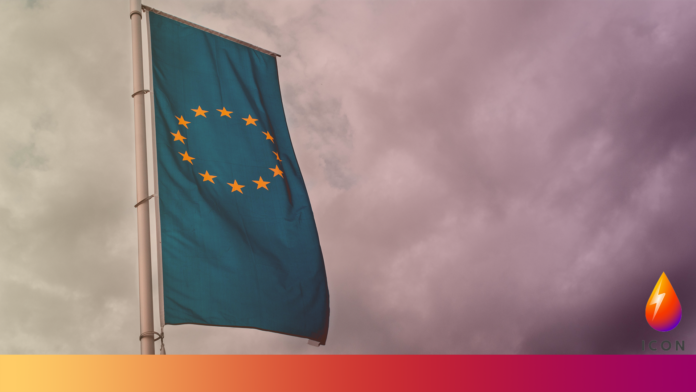In this thought piece, Dr. Johannes Weichbrodt and Teresa Gerhold from Mayer Brown tell ICON readers what the upcoming Directive on Corporate Sustainability Due Diligence means for businesses.
Companies have a substantial impact on human rights and the environment. Thus, legislators across the globe increasingly expect companies to conduct human rights and environmental due diligence.
While some jurisdictions in Europe already have such legislation in place (e.g. German Supply Chain Act), the EU is working on a proposal for a supply chain due diligence directive to introduce and harmonize supply chain due diligence obligations for companies active across the European Union.
In February 2022, the European Commission adopted a proposal for a Directive on Corporate Sustainability Due Diligence (“CSDDD”). Its aim is to foster sustainable and responsible corporate behaviour and to anchor human rights and environmental considerations in companies’ operations and corporate governance and to ensure businesses address adverse impacts of their actions, including in their value chains inside and outside Europe.
The CSDDD is now subject of trialogue negotiations between the European Parliament, the Council of the European Union and the European Commission. It is expected that they reach an agreement by the end of this year. Once it has entered into force, the Member States will have two years to implement the CSDDD into their national laws.

SCOPE
The CSDDD will apply to EU-based and non-EU companies that exceed a turnover and FTE threshold. Notably, the thresholds (which are still being discussed) are much lower than those of the national laws in France of Germany (as low as 250 FTE), so the new law will apply to even more companies.
OBLIGATIONS ON COMPANIES DOING BUSINESS IN THE EU
Besides other obligations, e.g., establishing a complaints procedure to receive third party complaints, companies will have to deal with these core topics of the law:
- Supply Chain Transparency: Companies are required to get to know their supply chain and identify any human rights or environmental risks, at their direct and indirect suppliers, but also in their own business area, i.e. international companies are accountable for their plants and premises also in countries where human rights standards may be lower than in the EU.
- Taking Action: Once companies have identified, weighed and prioritized risks in their supply chain, they are required to take preventive and remedial measures to tackle any issues identified, e.g., by auditing the suppliers premises in a given country.
- Reporting: All steps of the risk analysis and the subsequent measures will have to be disclosed in an annual report, enabling the enforcing authorities in the Member States but also other stakeholders to obtain a transparent picture of a company’s supply chain from a human rights and environmental perspective.
COMPLIANCE RISKS
Complying with the obligations can be challenging for many companies, in particular for those who do not have a sophisticated ESG department. At the same time, compliance is very important. Any lack of it will not only bear significant reputational risks, but will also trigger hefty fines of up to 5% the group’s annual worldwide turnover (exact range still being discussed).
Further, companies may face exclusion from public procurement and will be vulnerable for civil damages claims brought by NGOs and other stakeholders. The CSDDD provides that all EU Member States ensure that victims suffering damages as a result of a company’s non-compliance with the CSDDD can get compensation for these damages.
WHAT TO DO NOW
Although it may still take a while until the CSDDD will be implemented, companies are advised to prepare themselves now. They should start with a thorough human rights related risk analysis on their own businesses and across their suppliers worldwide. On the back of this, a risk management system can be implemented.
This process might seem daunting at first, but it will not be a waste of time considering the drive for supply chain due diligence legislative developments across the globe. One can learn from companies that have already implemented such DD processes to comply with e.g. the German or French Sustainable Sourcing laws. Adapting early to these new rules will give companies a competitive advantage – and potentially make the world a little better, too.

